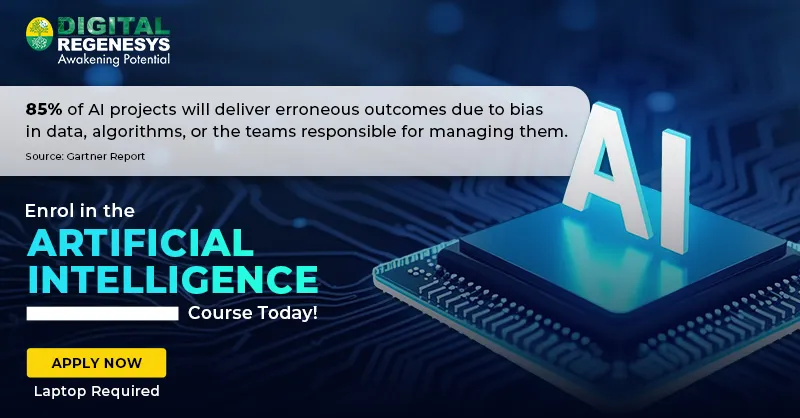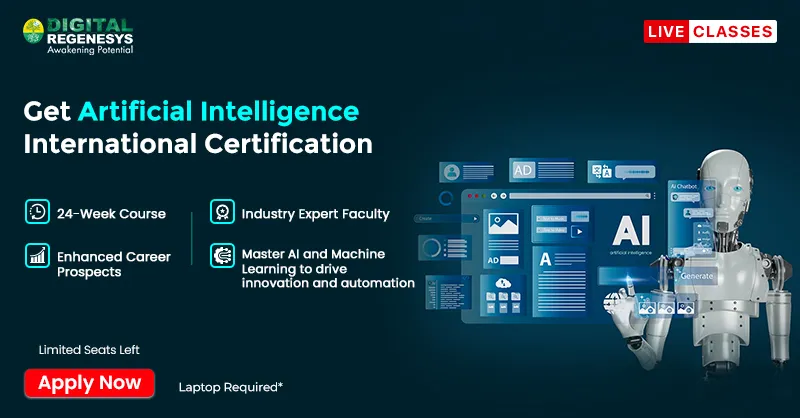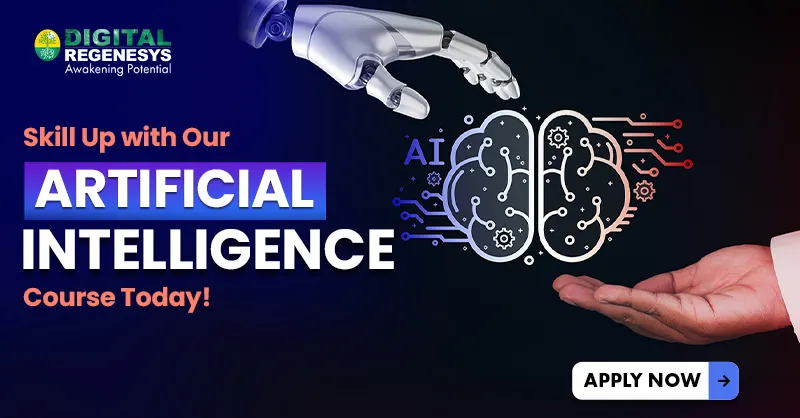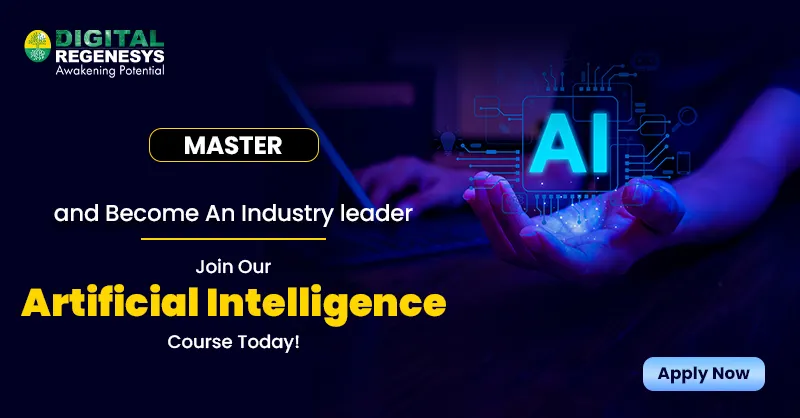AI in Higher Education – Transforming Learning for the Future

Have you ever imagined a classroom that learns about you as much as you learn from it? That is precisely what Artificial Intelligence (AI) is making possible in higher education today.
From adaptive learning systems to smart grading assistants, AI is quietly turning traditional classrooms into dynamic, data-driven spaces.
Imagine receiving instant feedback on your assignments, personalised study recommendations, or even AI mentors to help you strengthen your weak areas. Educators, too, are saving hours on admin tasks, freeing up time to focus on creativity and connection.
It’s not just convenient; it’s changing the entire learning experience.
But here’s the exciting part – this transformation isn’t about replacing people with machines. It’s about using technology to make education more human, more personal, and more effective.
In this article, we’ll explore how AI in higher education is driving innovation, improving engagement, and opening new opportunities for both learners and educators.
This guide will help you see why AI isn’t just shaping the classroom – it’s shaping the future of knowledge itself.
The Growing Role of AI in Higher Education
AI is no longer just a buzzword in tech – it’s now a daily part of how we teach, learn, and manage education. From helping design personalised learning paths to analysing student progress, AI is making higher education smarter and more responsive.
Platforms are utilising data to gain a deeper understanding of learners. On the other hand, AI-powered systems are enabling more tailored learning experiences.
Whether it’s simplifying admissions or offering adaptive feedback, AI is reshaping every part of education.
Here’s how AI is redefining the learning landscape:
- Personalised learning: AI analyses performance to create study plans that fit each learner’s pace.
- Smart feedback: Automated systems provide real-time insights on assessments.
- Predictive analytics: Early alerts help identify students who may need extra support.
- Curriculum enhancement: AI tools help develop relevant, data-driven content.
- Administrative efficiency: Tasks like grading or scheduling now take minutes instead of hours.
AI’s growing role is not about adding complexity – it is about simplifying learning and making it more effective for everyone involved.

Key Benefits of Using AI in Higher Education
The use of AI in higher education isn’t just about technology – it’s about creating better learning outcomes. With AI tools becoming more accessible, students and educators are experiencing faster, smarter, and more engaging ways to learn and teach.
From automating daily tasks to enhancing classroom participation, AI is helping academic environments focus on what truly matters: learning and growth. The result is a system that’s more flexible, fair, and focused on individual needs.
Here are some of the key benefits driving this change:
- Personalised support: Learners receive study recommendations and progress insights based on their actual performance.
- Improved engagement: AI tools use gamified content and instant feedback to keep students motivated.
- Smarter assessments: Automated grading ensures accuracy and saves educators time.
- Data-driven decisions: Institutions can analyse patterns to improve teaching methods and outcomes.
- Accessibility: AI makes learning easier for students with diverse needs and learning styles.
AI is giving education a digital heartbeat – one that adapts, listens, and responds to every learner’s journey.’
Explore details on – How to Manage and Deploy Large Language Models?
Popular AI Tools Transforming Higher Education
AI tools are transforming the way learning occurs – both inside and outside the classroom. They make education more interactive, data-driven, and accessible, helping learners grasp complex ideas more quickly and more engagingly.
Today, educators and professionals use AI not just for teaching but also for research, content creation, and student support. These tools simplify processes that once took hours and open new ways to connect with knowledge.
Some of the most impactful AI tools in higher education include:
- Chatbots and virtual assistants: Provide 24/7 academic support and instant answers to student queries.
- AI writing assistants: Help improve grammar, clarity, and structure in academic writing.
- Predictive analytics platforms: Track performance and forecast learning outcomes.
- Adaptive learning systems: Adjust content difficulty based on each learner’s progress.
- AI-powered plagiarism detectors: Maintain academic integrity by ensuring original work.
These tools aren’t replacing educators – they’re empowering them to teach smarter, faster, and with greater impact.

Challenges and Ethical Concerns of AI in Education
While AI in higher education offers incredible advantages, it also brings new challenges and responsibilities. As learning becomes increasingly data-driven, educators and institutions must handle technology with care to ensure fairness, privacy, and transparency.
The primary concern isn’t whether AI can improve learning; it’s how to use it responsibly. Striking the right balance between automation and human judgment is what truly defines the ethical use of AI in education.
Here are some key challenges to consider:
- Data privacy: Institutions must protect sensitive learner data from misuse or unauthorised access.
- Bias in algorithms: AI tools can reflect human bias if not trained on diverse data sets.
- Overdependence on technology: Excessive reliance on AI may hinder creativity and critical thinking.
- Digital divide: Access to AI tools varies, resulting in unequal learning opportunities.
- Ethical use: Educators require clear policies for the responsible implementation and evaluation of AI.
By addressing these issues early, educators can ensure that AI enhances learning while maintaining trust, fairness, and inclusivity.
Know more about – Agentic AI and AI Agents in 2025-26
How AI Is Empowering Teachers and Learners?
AI is often seen as a tool for automation, but in education, it’s more about empowerment. It gives teachers the freedom to focus on creativity, mentoring, and emotional support, while learners gain control over how, when, and what they study.
By combining human intelligence with machine precision, AI in higher education is fostering a more collaborative and flexible environment for all stakeholders.
Here’s how AI is transforming the learning experience for both sides:
- For teachers: AI handles repetitive tasks like grading, scheduling, and attendance tracking.
- For learners: Adaptive systems recommend topics based on progress and performance.
- For collaboration: Virtual tools make discussions and feedback faster and more interactive.
- For feedback: Educators can identify learning gaps early and provide timely support.
- For innovation: AI helps create personalised projects and real-world simulations.
In short, AI doesn’t replace human connection – it enhances it, helping both teachers and learners achieve more with less effort.

Future Trends of AI in Higher Education
The future of AI in higher education looks bright, and it’s only getting started. As technology evolves, learning is becoming more intuitive, personalised, and accessible. The focus is shifting from standardised classrooms to intelligent learning ecosystems that adapt to every individual.
AI is also opening the door to lifelong learning, enabling professionals to upskill at any time, from anywhere. From immersive simulations to real-time analytics, the next wave of AI tools will make education more connected and future-ready.
Here are some exciting trends shaping the next phase of AI-driven education:
- AI-powered tutoring: Smart mentors offering one-on-one learning support.
- Generative AI tools: Helping students create, design, and solve problems creatively.
- Voice and visual learning: Using AI for interactive, multimodal lessons.
- Predictive learning paths: Systems that guide learners toward career-aligned goals.
- Continuous upskilling: AI enabling lifelong learning through micro-certifications.
These trends are setting the stage for an education model where learning never stops, and where AI becomes a lifelong companion in personal and professional growth.
Check out – Google I/O 2025-26.
Build Your AI Expertise with Digital Regenesys
If you’re ready to explore, there’s no better place to start than with the Artificial Intelligence Certificate Course at Digital Regenesys.
This course is designed for professionals who want to upskill, pivot careers, or understand how AI is transforming industries. You’ll learn how to use AI tools, analyse data, and apply machine learning in real-world contexts all through practical, case-based lessons guided by expert faculty.
The best part? It’s flexible and fully online, so you can learn at your own pace while balancing work and personal commitments. This course helps you develop the confidence to apply AI concepts in your career.
What you’ll gain:
- A solid understanding of key AI concepts and technologies.
- Real-world skills to apply AI in your current or future roles.
- A certificate that enhances your professional credibility.
So, if you’ve been curious about where to begin your AI journey, this is your sign.
Visit Digital Regenesys and start building your AI advantage today.

Conclusion
AI is a skill that’s shaping the world right now. From classrooms to industries, it’s opening doors to smarter, faster, and more creative ways of working.
The best way to stay ahead? Start learning how to use it.
An AI certification course gives you the foundation, skills, and confidence to thrive in a tech-driven world. So, if you’ve been thinking about future-proofing your career, this is your moment to take that first step.
Your AI journey could begin today – all you need to do is start.
Contact us to speak to a career advisor.
Last Updated: 24 November 2025
